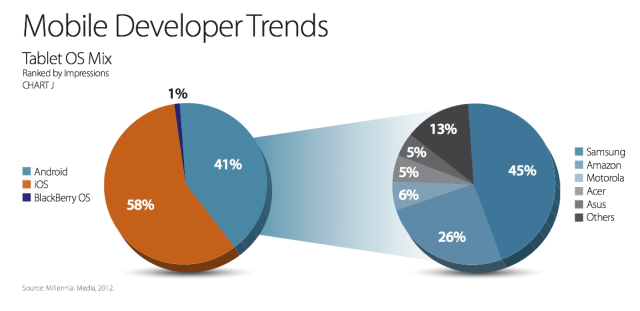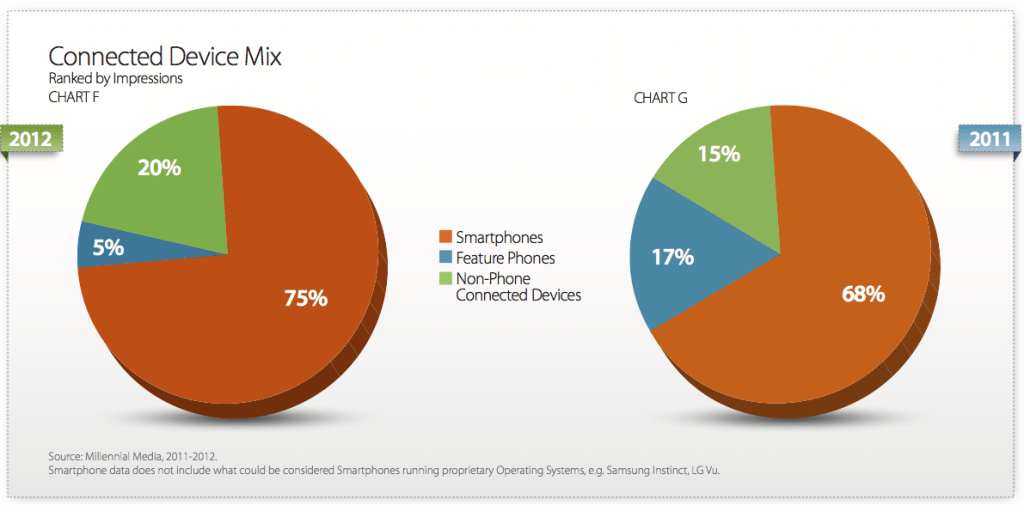Mulally is a bit of a shock to some people because he has no connection to high-tech. Prior to running Ford, he was CEO of Boeing's commercial airplanes division. He started at Boeing when he graduated college, and spent 37 years there.
Despite Mulally's lack of expertise in the tech industry, he would be a good fit for Microsoft.
The Wall Street Journal
called Mulally, "one of the most highly respected CEOs in any industry," and Barclays analyst Brian Johnson told the Journal, "There is no doubt that Alan has fundamentally transformed Ford both in simplifying its brand portfolio and developing a system that coherently exploits scale while generating interesting, exciting product."
Ford, under Mulally, was the only American car company that didn't need a bailout. Mulally recapitalized the company through private markets, and got it back on its feet.
In 2009, Bloomberg Businessweek wrote of Mulally's first two and a half years running the company, "Under Mulally, decision-making is more transparent, once-fractious divisions are working together, and cars of better quality are moving faster from design studio to showroom ... Ford's far-flung fiefdoms are starting to collaborate, a once wasteful and balkanized vehicle development system is beginning to cohere."
Exactly what Microsoft needs
That sounds like exactly what Microsoft needs. Investors may agree. After Mulally's name was floated the stock was up 1.5% on a day when the broader markets fell.
For years, Microsoft was known for brutal internal politics. Its groups worked in silos, and rarely collaborated.
Ballmer just reorganized the company to kill those silos, and get the company working together. When Ballmer put together his reorganization plan, he consulted with Mulally.
More than a reorganization, Microsoft needs great products.
In 2007, Apple changed everything when it introduced the iPhone. Ballmer basically laughed at the iPhone when it was released. That was a huge mistake.
The iPhone sparked a revolution that resulted in Google dominating the smartphone market and tablet computing eroding the personal computer market.
In 2009, Microsoft controlled ~70% of all Internet-connected computing devices. Today, it's down to 24%. As Android, and Apple's iOS (the software powering iPhones and iPads) take over more Internet-connected devices, Microsoft becomes less and less relevant.
A fresh set of eyes
At Ford, he hasn't rolled out mind-melting cars. The Ford Focus is an excellent automobile, but it's not exactly the iPhone of cars. Ford's market share in North America has stabilized under Mulally, but it's about even with where it was when he came in, according to data on a Bloomberg terminal.
Making comparisons between the auto industry and the tech industry on a product basis are tough, and imperfect.
Importantly for Microsoft though, the damage is done with the iPhone. There's not much to be gained by looking backwards.
Microsoft has a decent plan on how it's going to rebound. It has Windows Phone, Windows 8, and the Surface tablet. All of those products are still rough around the edges, but they're pointed in the right direction.
Mulally, with a fresh set of eyes, could help focus Microsoft's strategy and get the company back on top of the tech world.
The other candidates aren't perfect either
But what about the Next. Big. Thing.? After all, technology isn't defined by what's been done; it's defined by what comes next.
Microsoft is overflowing with really smart people building amazing technology. We've been in the company's labs on off-the-record briefings and seen some really cool stuff. Microsoft doesn't need a great visionary to think of the next major product. It has plenty of those people at the company already.
What Microsoft needs is an executive who can streamline operations, get everyone working together, and decide which projects get oxygen and which products get drowned.
Mulally may not be a perfect candidate for the role, but neither are the other candidates.
Stephen Elop, who is rejoining Microsoft from Nokia is said to be a top choice. However, he's bounced from job to job through the years, and his most recent job as CEO of Nokia was unimpressive. Nokia was on the cusp of bankruptcy before Microsoft bailed it out.
Tony Bates, who ran Skype, is also said to be a top choice. He doesn't have the experience of running a major public company. He was CEO of Skype for less than a year before Microsoft bought it. Is he really ready to take on a massive company like Microsoft?
Can Mulally find Jony Ive at Apple?
Mulally may lack tech skills but he's an engineer by training. He already pivoted once from planes to cars. It's entirely possible he can pivot to technology.
Besides, Microsoft is a unique technology company. While a lot of people look at Microsoft and want to compare it to Apple, the truth is the two companies are radically different.
At Apple, the company is laser focused on two products — the iPad and the iPhone. It has other stuff like iPods and Macs. It's also developing new products. But, at its core, Apple is a simple company. Want to know how well it's doing? Look at iPad sales, look at iPhone sales.
Microsoft is more like GE than Apple. It's a sprawling company that makes tablets, makes keyboards, makes mice, does console gaming. It's in cloud computing, it's big in the enterprise, and it's big with consumers. It's a little bit of this, a little bit of that. And when one division struggles, it has many others to pick up the slack.
Mulally, with experience running big companies like Boeing and Ford, could corral Microsoft's overflowing talents and aim them in the right place. He doesn't have to be the next Steve Jobs. He can be the next Tim Cook, and find the next Jony Ive at Microsoft.






 14:41
14:41
 Juan MC Larrosa
Juan MC Larrosa


.jpg)


.jpg)
















.png)





